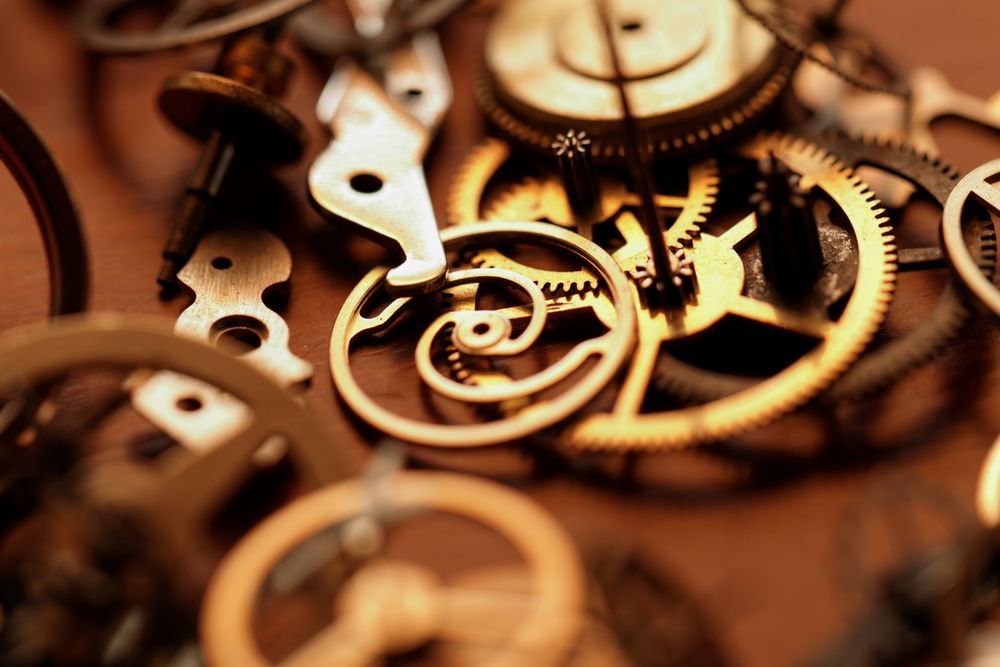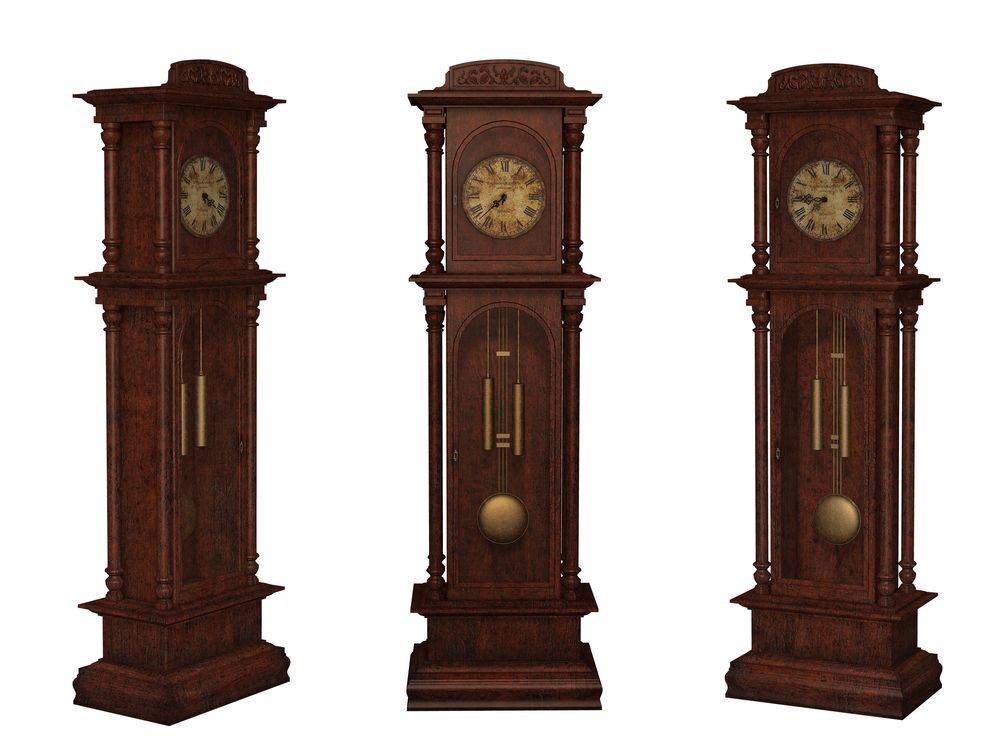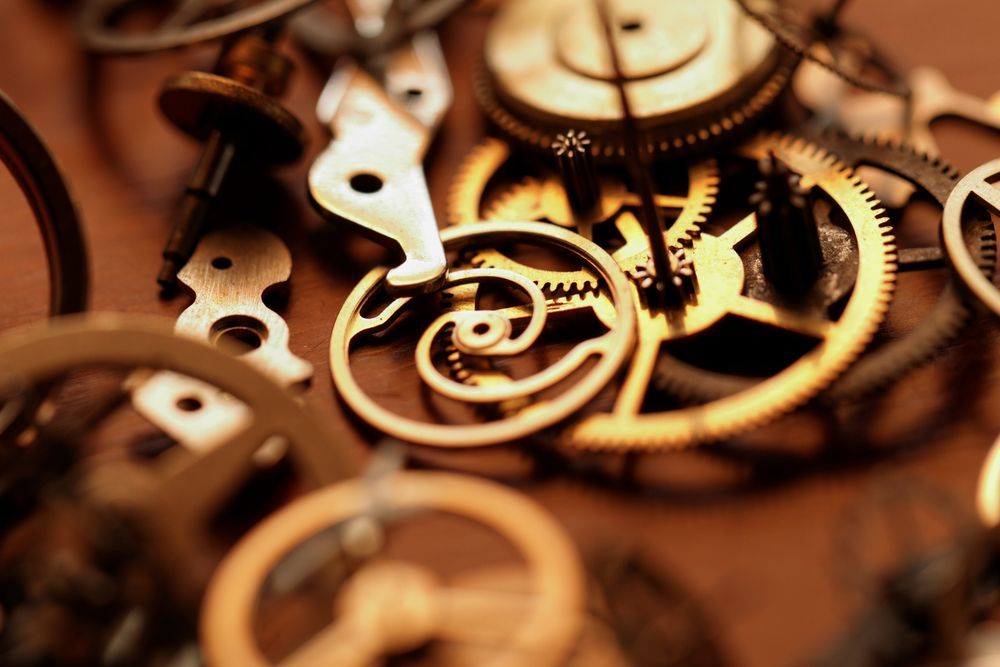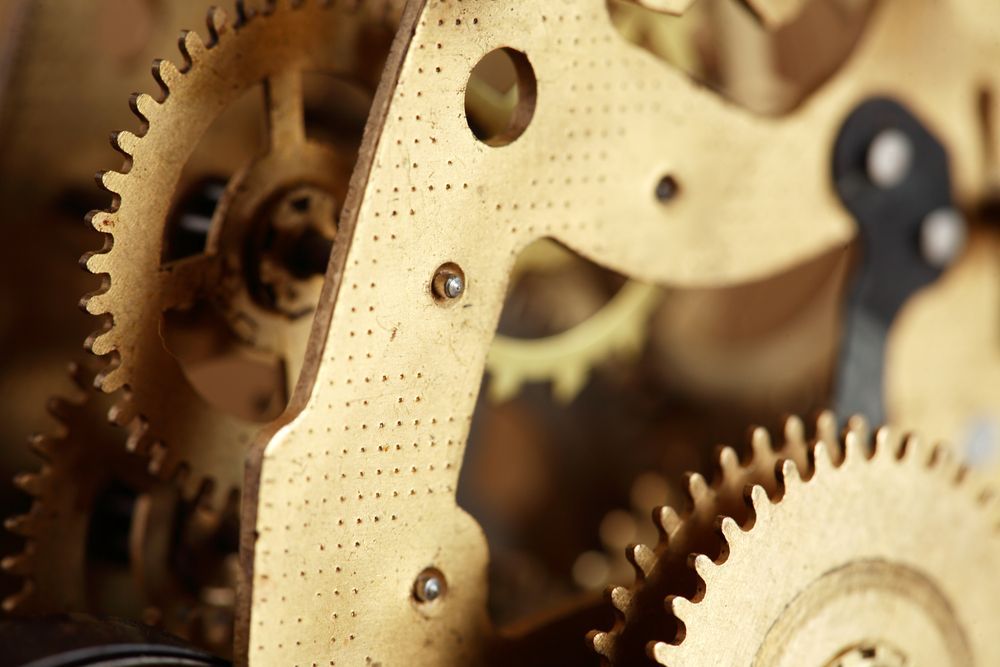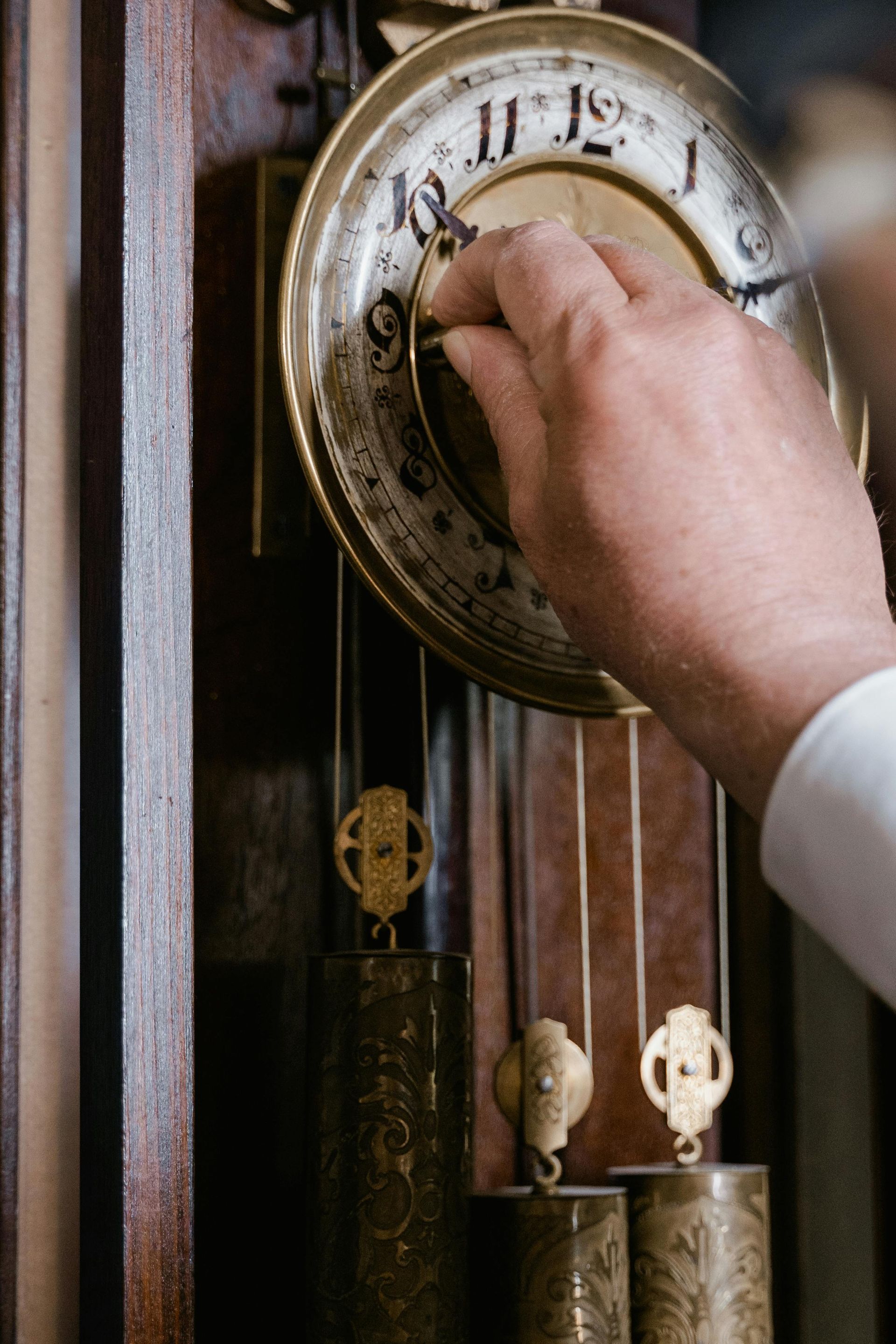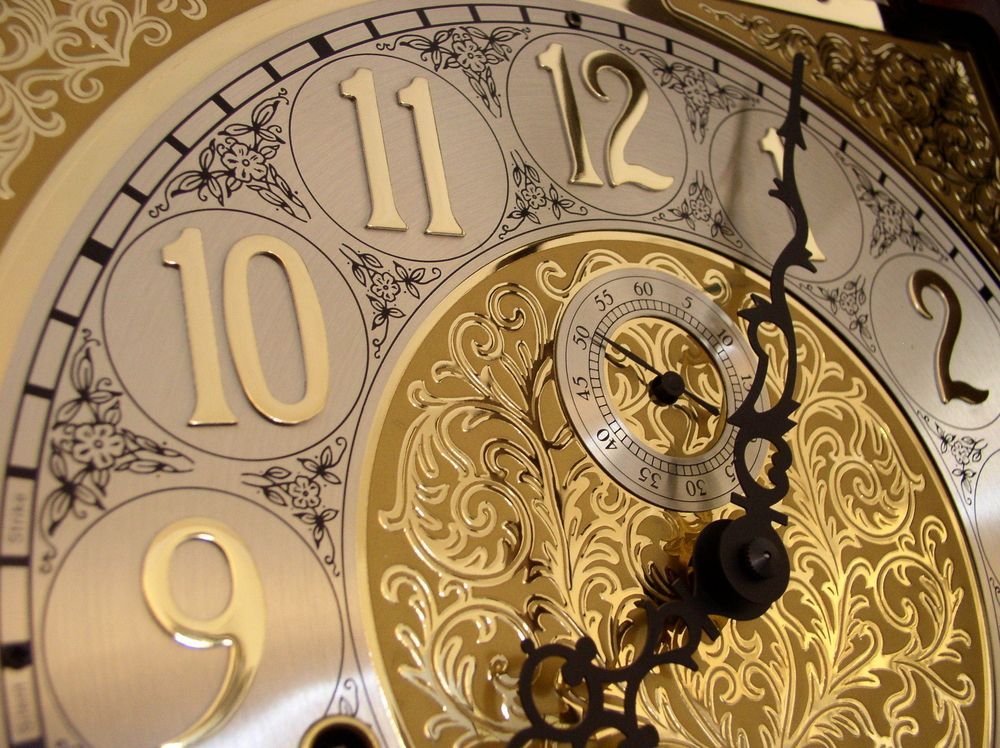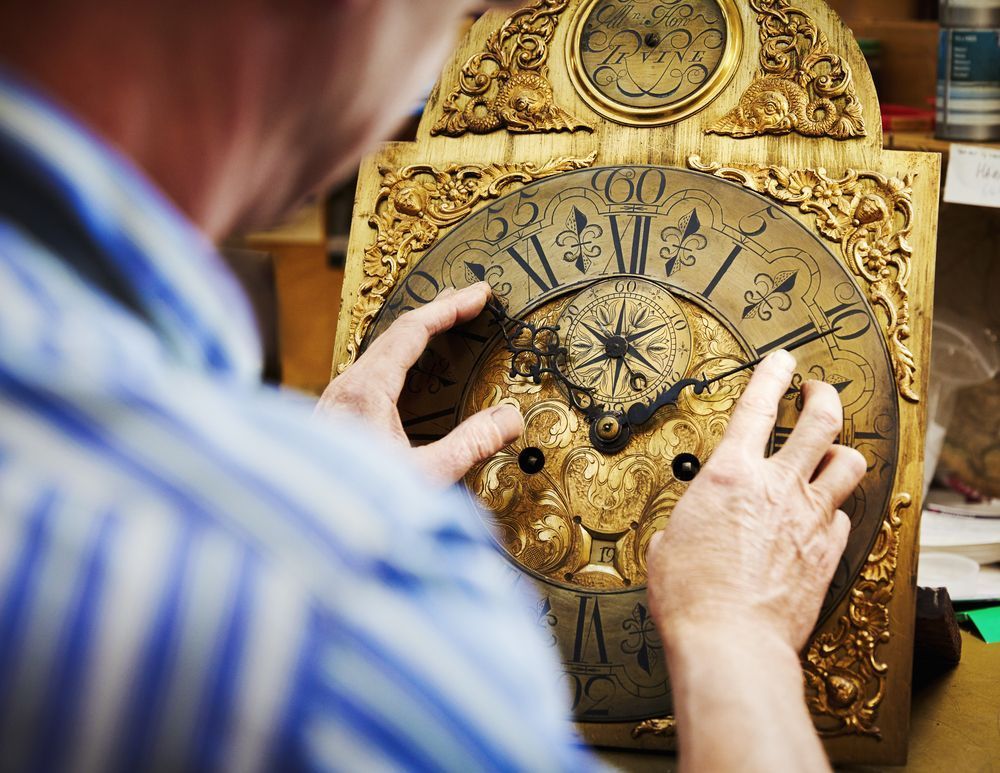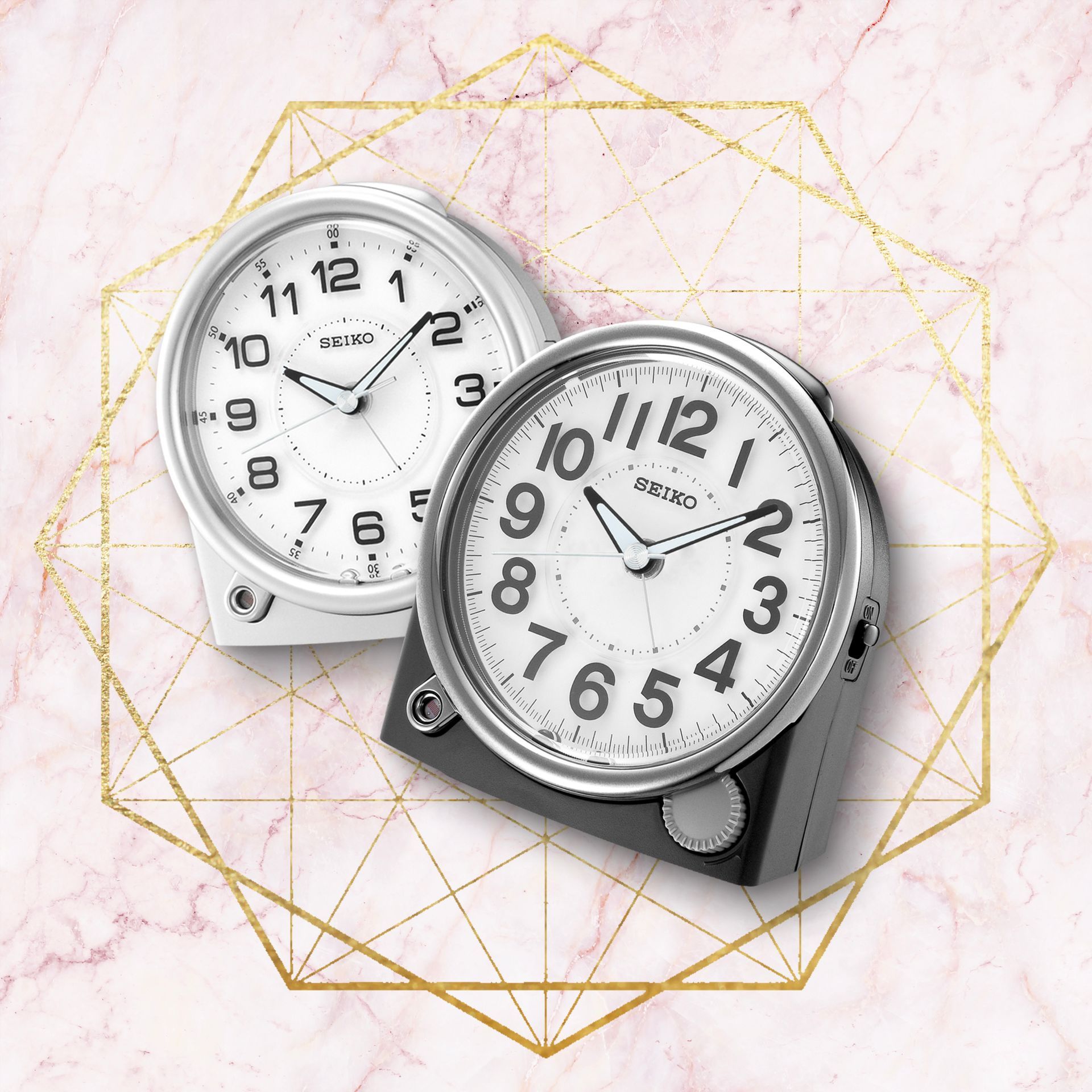When and How Often to Service Your Mechanical Clock
Mechanical clocks are timeless heirlooms that add character, elegance, and history to any space. Whether you own a cherished family heirloom, an antique grandfather clock, or a more contemporary mechanical piece, regular maintenance is essential to ensure its functionality and longevity.
Why Servicing Your Mechanical Clock Matters
Mechanical clocks rely on intricate mechanisms to measure and display time accurately. These clock mechanisms, often composed of gears, springs, and other precision components, work in harmony to keep the clock running. Over time, wear and tear can compromise their performance.
Here's why servicing your mechanical clock is crucial:
- Preserves Accuracy
The gears, springs, and other moving parts in a clock mechanism are finely tuned for precise timekeeping. Dust, dirt, and old lubricant can cause these components to slow down or malfunction, leading to time inaccuracies. Regular servicing ensures your clock maintains its accuracy.
- Prevents Wear and Tear
Lack of proper lubrication or debris buildup can accelerate wear on your clock's internal components. Servicing prevents this by cleaning and re-lubricating moving parts to reduce friction and extend the lifespan of your clock.
- Protects Investment
Antique or high-quality mechanical clocks often hold significant monetary or sentimental value. Routine maintenance protects this investment by avoiding costly repairs or irreversible damage caused by neglect.
- Maintains Aesthetic and Functional Appeal
A well-maintained clock not only tells time accurately but also retains its charm and beauty. Servicing ensures both its mechanism and exterior remain in pristine condition.
How Often Should You Service Your Mechanical Clock?
The ideal servicing frequency for a mechanical clock depends on its age, usage, and environment. However, there are general guidelines most clock experts recommend:
- Every 3 to 5 Years
A mechanical clock should typically be serviced every three to five years, even if it appears to be running fine. During this time, lubricants inside the clock mechanism begin to break down, and dust can accumulate, causing unnecessary strain on the parts.
- More Frequently for Antique Clocks
If your clock is an antique or has been passed down through generations, it may require more frequent attention due to the natural fragility of older components.
- Environmental Factors
Clocks exposed to high humidity, temperature fluctuations, or excessive dust may require more frequent servicing. These conditions can accelerate the degradation of oils and materials within the clock.
- Usage Patterns
Clocks that run continuously may need servicing more often than those used occasionally. The constant movement of the clock mechanism creates more opportunities for wear and tear.
Signs It's Time for a Service
Even if you're unsure of when your clock was last serviced, there are several signs that indicate it's time to schedule a professional checkup:
- Inaccurate Timekeeping
If your clock begins losing or gaining time, this is a clear indication that the mechanism may need cleaning, lubrication, or adjustment.
- Unusual Noises
Grinding, ticking irregularities, or other unusual sounds can indicate mechanical issues, such as a lack of lubrication or worn gears.
- Pendulum or Chime Issues
If the pendulum doesn't swing properly or the chimes sound off-key, this could signal an internal problem requiring professional attention.
- Difficulty Winding or Adjusting
If winding the clock feels stiffer than usual or you struggle to make adjustments, the internal components may be dirty or misaligned.
- Stoppages
A clock that stops working entirely, despite proper winding, likely requires a thorough inspection and servicing.
What Happens During a Mechanical Clock Service?
Servicing a mechanical clock involves more than a simple cleaning. It requires expert knowledge, precision, and care. Here's an overview of what happens during a professional service appointment:
- Inspection and Diagnosis
A clock technician begins by inspecting the clock mechanism, assessing the condition of each component, and diagnosing any issues. This step identifies worn parts, old lubricant, or misaligned gears.
- Dismantling the Mechanism
The clock mechanism is carefully disassembled to clean and inspect every individual part, ensuring that no area is overlooked.
- Ultrasonic Cleaning
The disassembled parts are often placed in an ultrasonic cleaner, which removes dirt, debris, and old lubricant using high-frequency sound waves.
- Repairs and Replacements
If any components are damaged or worn, the technician will repair or replace them with precision. For antique clocks, they may fabricate or source rare parts to preserve authenticity.
- Reassembly and Lubrication
After cleaning and repairs, the mechanism is reassembled and re-lubricated using specialized clock oils. Proper lubrication minimizes friction and ensures smooth operation.
- Testing and Calibration
The serviced clock is tested for several days to ensure accurate timekeeping and smooth performance. Calibration adjustments are made as needed.
- Exterior Care
Many technicians also clean and polish the clock's exterior, ensuring its visual appeal matches its mechanical performance.
Why Choose Chicago Clock Company for Your Clock Service?
If your mechanical clock is due for a service or showing signs of wear, trust the experts at Chicago Clock Company. With decades of experience, we specialize in repairing and maintaining a wide variety of clocks, from heirlooms to modern pieces. Our skilled technicians are dedicated to preserving the functionality and beauty of your timepieces.
Why Choose Us?
- Expertise You Can Trust: We have extensive experience with all types of clock mechanisms, ensuring your clock receives the highest quality care.
- Convenience: We offer free estimates while you wait, making it easy to plan your service.
- Comprehensive Services: From clock repair and battery replacement to clock sales, we're your one-stop destination for all clock needs.
Call Now for Appointments
Don't wait for small issues to turn into costly repairs. Contact us today to schedule your clock service appointment. Let us help keep your treasured timepiece in perfect working order for years to come.


